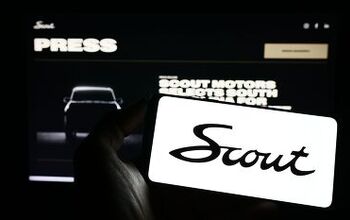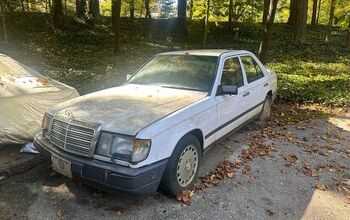Automakers, NHTSA Meet To Discuss Increasing Recall Completion Rates
Despite the numerous recalls over the past year, recall completion rates are not at 100 percent. The NHTSA and automakers hope to change this.
The agency met with representatives of General Motors, Honda and other automakers Tuesday to discuss ways to encourage affected consumers to take action when a recall is issued, Bloomberg reports.
In the case of GM, the automaker studied those who didn’t take action, then did everything it could to make them aware of a recall issue with the aim of bringing those consumers into the repair shop. However, even with 98 percent of GM owners made aware of recalls as a result of the campaign, inaction still occurred. Of those who did finally act, customer relationship management director Julie Heisel noted it took multiple mailings, phone calls, and assurances of loaner vehicles before those consumers brought their affected vehicles in for repair.
As it stands, the average completion rate for recall repairs comes to 75 percent, though the older the vehicle is, the less likely it will be repaired, according to The Detroit News: 15 percent for vehicles older than 10 years versus 83 percent for newer models.
In 2014, automakers recalled 63.9 vehicles in a record total of 803 recalls, including the February 2014 ignition switch recall issued by GM, and the ongoing Takata airbag recall affecting Honda and nine other automakers.
[Photo credit: Senator Claire McCaskill/ Flickr/ CC BY-ND 2.0]
Seattle-based writer, blogger, and photographer for many a publication. Born in Louisville. Raised in Kansas. Where I lay my head is home.
More by Cameron Aubernon


































Comments
Join the conversation
A few hard stops could be implemented: 1) cannot register car without completed repairs; 2) cannot insure car without same; 3) cannot sell car without same. My take: nothing is going to happen, and consumers will be blamed.